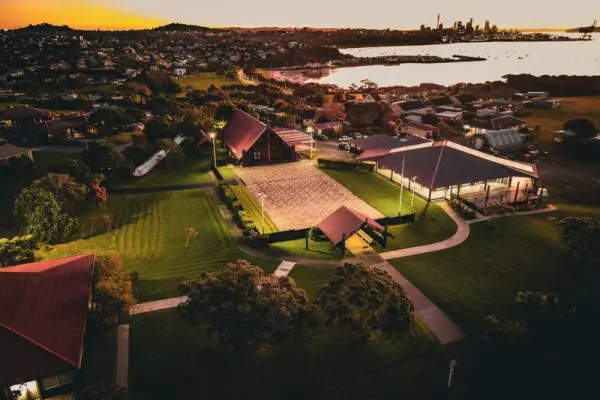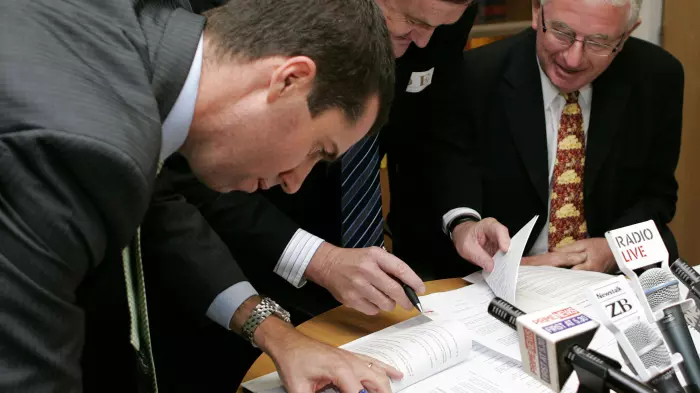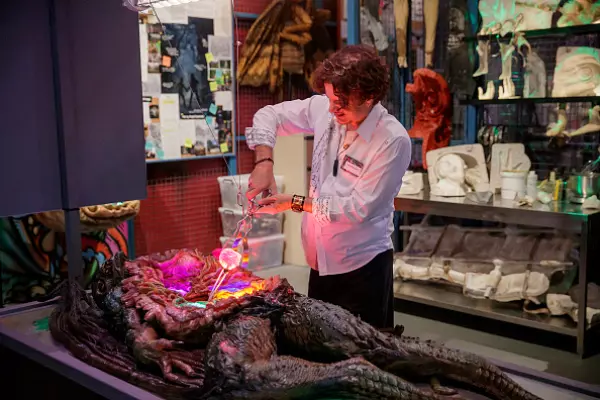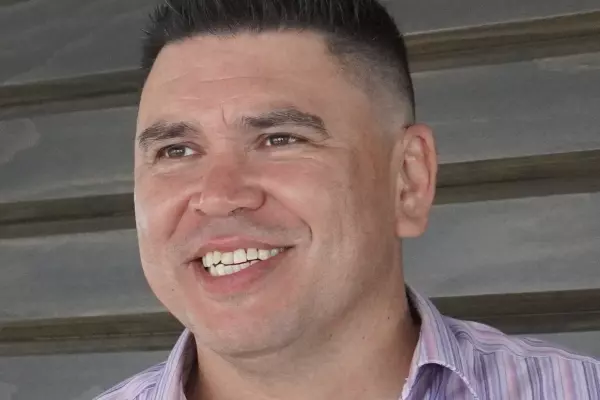Statistics New Zealand has put out a call to Māori business owners to stand up and proudly identify themselves as Māori – and encourages them to wear that badge with pride.
If more of them did, it would help collect accurate data for government and inform decision-makers to put support in the right places.
The department's Māori business statistics manager, Geraldine Duoba (Te Whānau-ā-Apanui), said the environment in New Zealand had changed a lot and Māori values were more widely accepted today than in the past.
For this reason, she said her team deliberately made it simple and inclusive when they defined what a pakihi Māori (Māori business) was, about a year ago.
The Statistics NZ definition is: if it is owned or part-owned by a person or people who whakapapa Māori (have Māori ancestry) and then if a representative of the business identifies it as Māori.
“Our whole working group talked about how identifying your business as Māori was like wearing a badge of pride to say, ‘I am Māori’ – stand up and identify as Māori.”
Duoba said identification was the tricky part of producing data about pakihi, so the agency is looking to improve coverage over time.
She said previously there was a lack of places for businesses to identify themselves.
Now, Statistics NZ has self-identification questions in several surveys and businesses can also self-identify on the NZ business number register.
Additionally, she said she was keen to work with other government agencies, business organisations and networks that already have pakihi affiliated to them.
She said Statistics NZ had been working with the Ministry of Business, Innovation and Employment to update questions and the register.
Pakihi didn't have to self-identify and if they'd rather not, it was their choice, she said.
But Duoba said the importance of identifying pakihi Māori was that it could help her team produce better statistics.
“Government agencies make decisions about ways to support different sectors of the economy in the community all the time, including Māori businesses – and the better the information they have to work with, the better those decisions are.”
The NZ business number register is one place where pakihi can identify as being Māori, but information can be kept private while still being counted.
“We want to make sure that we are collecting accurate data from people who feel they’re being represented."
Māori businesses support communities, she said.
“We know that Māori-owned businesses are more likely to employ Māori."
Duoba said Statistics NZ brought together the working group in April 2021 in a bid to better define pakihi Māori for its reporting. Throughout the process, it went through different ideas of what people might think a Māori business was.
The cross-sector working group was made up of representatives of Māori business and Māori business organisations, academics in te ao Māori and people from government agencies, she said.
With a draft definition in hand, the working group asked for public consultation and then got feedback. Ideas were discussed in more detail and helped inform the final definition 15 months later.
Duoba said the definition covers all Māori businesses, including Māori authorities.
“They are entities that manage collective assets on behalf of Māori – iwi, community assets, foreign assets that are held by a group of people and managed on behalf of the entity.
“We also consider any subsidiaries that are owned by Māori authorities as part of these statistics.”
She said Māori authorities tended to be larger than the average NZ business and were concentrated in fewer industries.
“Around a quarter of Māori authorities are in the primary industries: agriculture, forestry and fishing, and around one-third in non-residential property operators.”
Māori authorities can sign up for a tax code through the Department of Inland Revenue and Duoba said because they're easy to identify, Statistics NZ has good coverage of them.
An advantage of self-identifying as pakihi Māori on the NZ business number register is that others could see it, she said.
Duoba said the procurement movement is raising the profile of Māori businesses with government agencies. The register can be used to find Māori businesses the agencies want to work with, she said.
The progressive procurement idea of a Māori business was created for a specific purpose which predates Statistics NZ’s definition.
Progressive procurement aims to increase supplier diversity, hence the emphasis on Māori ownership being at least at 50%, she said.















